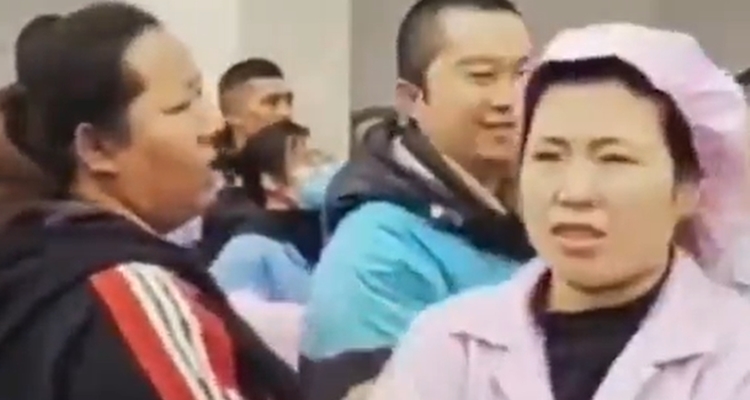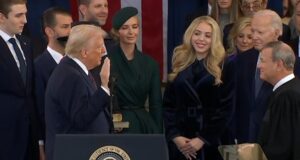
China scholar Steven Mosher is optimistic about the outcome of the U.S. trade war with China.
The Chinese government is furious that, as he suggests in an op-ed for the New York Post, “China’s days as ‘the world’s factory floor’ are numbered” (“Despite their denials, China is losing the tariffs war and retreating as fast as it can,” May 3, 2025).
On the one hand, “Chinese schoolchildren are again being taught to hate the US” and to chant slogans like “China must win the China-US trade war!”—even as the Chinese foreign ministry releases a video on the theme of how China “won’t kneel down” (egad). On the other, bargaining about tariffs is happening behind the scenes, “and a high-ranking Chinese delegation was photographed entering the US Treasury Department in the early morning hours of April 24.”
Also, China has unilaterally slashed its punitive tariffs “on 131 American goods.”
Are negotiations really underway?
No, that’s fake news, says Guo Jiakun, a spokesman for the Chinese Foreign Ministry; stop misleading the public. But it’s the Chinese public that Guo is concerned about, says Mosher; they are the ones who have been told about Xi Jinping’s lone, stalwart, imperturbable resistance to Trump’s tariffs.
The shipping containers have been piling up in Chinese ports. By April 12, Chinese businessmen were telling Radio Free Asia that “there is a prevailing sense of helplessness among the general public and that all walks of life are showing signs of economic depression, with empty restaurants, little consumer activity, and shuttered factories.”
China is facing sustained economic upheaval and job losses and sustained social unrest. Mosher says that as millions more become unemployed, “it is only a matter of time before they take to the streets.”
He is wrong about at least one thing. Many Chinese workers have already taken to the streets.












